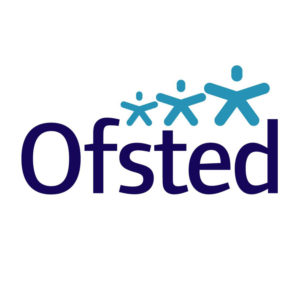Chapter Contents
School Placements
Looked after children should all attend a pre-school, mainstream school or alternative education provision. Wherever possible, this will be full-time at a local school that provides the best opportunities for the child.
When a placement is made, careful consideration must be given to any associated change of school, and the availability of local school places. Any change of school should be carefully planned and managed, using natural breaks in the school year if possible. Children in years 10 and 11 should be able to remain at the same school wherever possible.
Our advisory teachers will help the child’s social worker to identify the most suitable school placement from those with availability. Many factors will be considered including your local knowledge, the most recent Ofsted inspection and the advisory teacher’s knowledge of the school’s attitude to children in care and pastoral support arrangements. School admission procedures give priority to looked after children, and this means that the local authority can direct a school to admit a child, even if the school is full.
After GCSEs, all young people must continue in some form of learning up to 18. They can stay at school, go to a local further education (FE) college, or take up an apprenticeship. If they did not achieve grade 4 or above in English and Maths, they will continue to study these subjects alongside their main course of study/apprenticeship. In addition, schools should provide careers advice for all young people, which will include guidance on courses available at local FE colleges, and help completing application forms.
Financial support
The 16-19 Bursary is available to looked-after children to support them financially with the costs of Further Education. The young person’s education provider will provide information about how they award the bursary to eligible young people.
Further/Higher Education Post-18
If the young person is able to and wishes to continue their education at college or university they should be encouraged to do so. Local authorities have a duty to financially support a care leaver who pursues further or higher education, or vocational training, in accordance with their pathway plan. However, the extent of the support offered varies between local authorities.
Preparation should begin well in advance and you might need to help young people fill in various forms for education grants etc. However, the child’s social worker should also be able to help with this and clarify the financial assistance to which the young person may be entitled.
Young people who go to university must apply for student loans and maintenance grants just like all other students. In addition, the local authority might offer some financial support. Every local authority will have a financial policy for assisting care leavers in higher education, so make sure you get hold of a copy.
All care leavers will receive a higher education bursary of £2000. They are also entitled to holiday accommodation if they cannot remain in university accommodation all year round. Many universities also offer additional support to students who are care leavers, which may include a bursary.
Further and higher education – sources of information
There is a Supporting Care Leavers Toolkit on the UCAS website.
The Become charity has developed an interactive website called ‘Propel’ that covers higher education in the UK. Visit it here.
Apprenticeships
Apprenticeships are an option after school. These allow young people to combine study with a paid job. They will spend most of the time at work, learning on the job.
Apprenticeships are advertised by the employer – so it’s like applying for a job. There are also national websites where all apprenticeship opportunities can be found:
https://www.gov.uk/apply-apprenticeship
The government offers a £3000 apprenticeship bursary for care experienced apprentices up to 25 years of age. This is paid in instalments during the first year of the apprenticeship. Find out more here.



